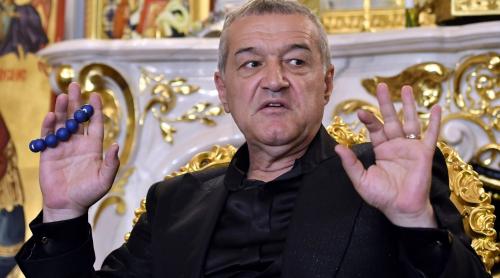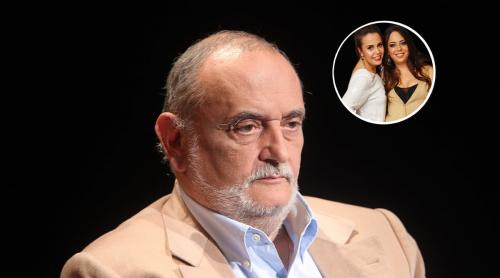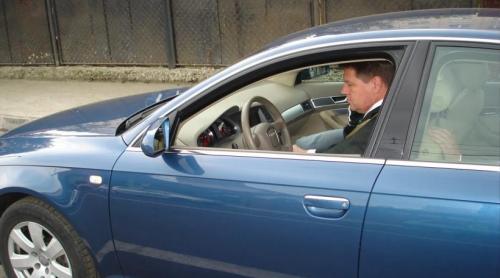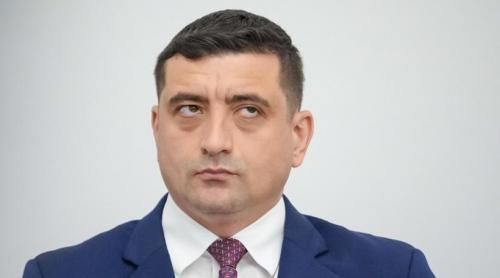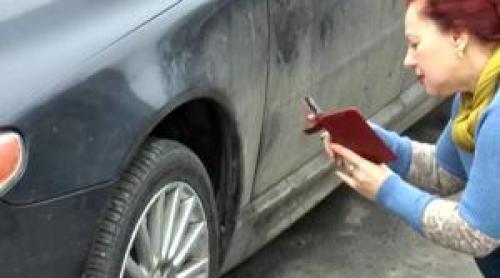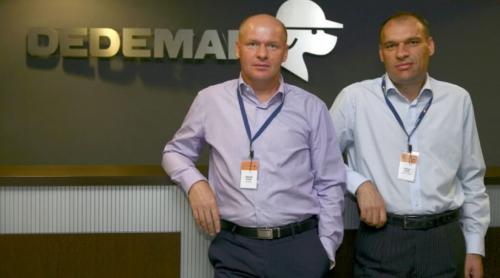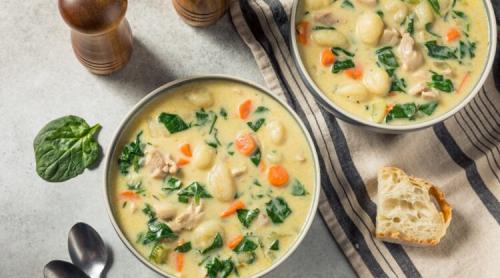Dictator Nicolae Ceausescu and his wife Elena were executed after a summary trial in December 1989, during the Romanian revolution which brought down the communist regime.
Their three children were arrested during those days and indicted for allegedly committing serious crimes. A few years later, however, the Romanian judiciary was unable to document the indictments, and all three were free.
Nicu, the youngest, and groomed by his father to take over the country leadership, started doing time on genocide charges, for instance, and ended it for illegal possession of firearms.
The Ceausescus personal belongings were seized during the days of the revolution too, with Valentin and Zoia, Nicuâs eldest brother and sister, fighting since in court to get them back. They make their claim for what they call their personal belongings, acquired with their personal finances, and not as a result of their parents having access to public funds and properties, as prosecutors allege. Valentin and Zoia claim their brotherâs personal possessions too, as his successors, after Nicuâs death in 1996.
In this protracted legal battle Romanian prosecutors were very innovative in November 1993, when the Prosecutor General Office indicted both Nicolae and Elena Ceausescu for abuse against the personal interest of individuals, in spite of the two of them being dead for almost four years.
After the Ceausescus phantoms failed to appear in court for inquiry, deputy head prosecutor general Gheorghe Serban decided in October 1996 to drop the charges against the dead Ceausescus, and filed them against their children, for complicity to commit the above mentioned crime.
The prosecutorsâ contention was that the three Ceausescu children acquired from their parents the prized possessions they now claimed back; and that the parents in their turn acquired the goods while committing crimes against public and private property, of which the children were aware.
The items at stake included art work in the form of pieces of furniture, paintings, sculptures and books.
Valentin Ceausescu answered the prosecutorsâ questions with a list of questions of his own: "How could I have helped the head of state to acquire goods and services? Who should I have reported to such facts in
case I became aware of them? Who were the damaged parties? Where are the complaints they filed?"
However, the Ceausescu children did get back some of their former possessions, though not all of them.
In October 1997 the House of Deputies returned Valentin some of the items in its custody: two coaches, various lamps, a mahogany tea table, a crystal vase, and other such items.
And in January 1997, both Zoe and Valentin, received from Romaniaâs National Bank a total of 375.7 grams of gold and 896.43 grams of silver, consisting of various jewelry items and stationary belonging to their youngest brother, Nicu.
Among the items were fountain pens and writing kits Cartier, Schaeffer, Aurora, Parker, Cress, Mont Blank, and Waterman; Omega and Patek Philippe ring, cuff buttons and watches.
In February 1997 Valentin got back some of the art items documented to have been seized in January 1990, during the revolution. Of the initial list, some items were reported missing, while others were to stay in the custody of the National Museum of Art. The items still at the museum are a landscape signed by Ghiata, and two paintings by Ciucurencu.
Translated by Anca Paduraru




